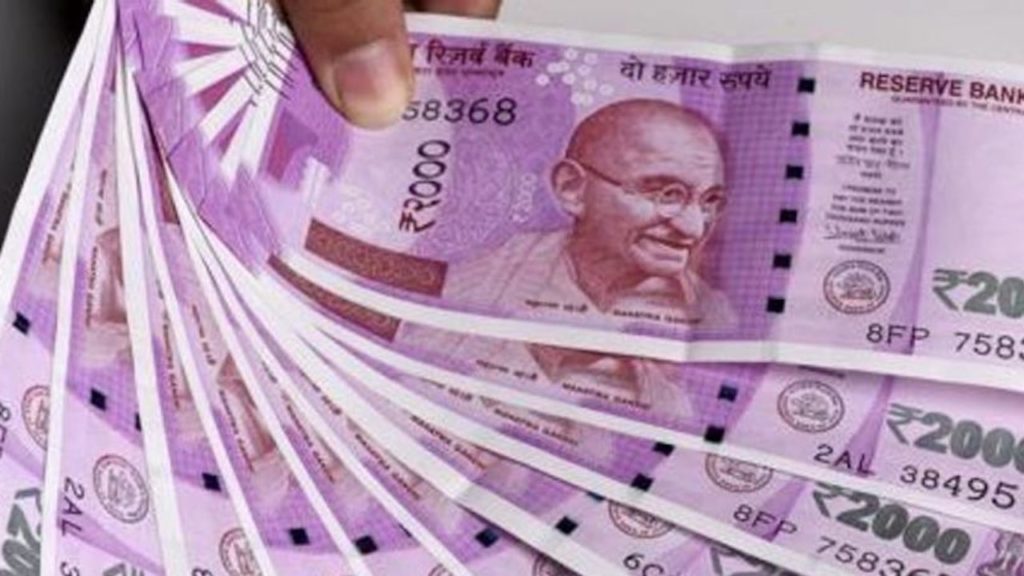
On Tuesday, a finalized decision came from the Supreme Court, in regards to the ongoing debate and filings on the matters of loan moratorium.
The central court has directed banks and financial institutions to refund compound interest, interest on interest or penal interest collected on EMI for loans during the moratorium period that lasted from March 1 to August 31, 2020.
It must be noted that the government did provide a ‘relief’ package to loan borrowers, which waived the interest on interest accrued during the extension period on loans of upto Rs 2 crore.
While the Supreme court’s judgement did speak in favour of the loan borrowers, it also eased the conditions for banks and lenders, by lifting the interim order generated by Justice Bhushan, which did not allow banks to declare any account as a NPA, provided such accounts were not declared NPA as on August 31.
SC Orders Banks to Refund Loan Borrowers
In a judgement passed by the Supreme Court on Tuesday, banks and financial institutions will now have to reimburse borrowers with any charges on compound interest, interest on interest or penal interest charged on EMI for loans during the five-month moratorium period, from March 1 to August 31, 2020.
“It is directed that there shall not be any charge of interest on interest/compound interest/penal interest for the period during the moratorium”, read the judgement.
The Supreme Court was continually being stacked up with numerous petitions by borrowers to waiver the interest on their EMIs, accrued over the loan moratorium period.
Not only did the borrowers want to defer EMIs in the moratorium period, they also wanted to defer the interests on the EMI.
However, according to Justice Shah, it was not wise to ‘burden’ borrowers with the interest on interest, when the installment amount was itself deferred during the moratorium.
Thus, the court decided that all such borrowers should be refunded by banks and financial institutions.
Relief Extended to Banks Too
The Supreme Court’s judgement came not only in favour of loan borrowers but also for banks and lenders.
In October 2020, the SC generated an interim order, which did not allow banks to declare any account as a non-performing asset (NPA), provided such accounts are not declared NPA as on August 31.
The court has now lifted that order off of banks, after nearly 6 months.
While the court took judgements in the best interests of both the parties, it also refused to entertain any complaints from petitioners stating the government’s lack of performance in easing the burden of financial strain during the pandemic.
“By and large, everybody has suffered due to lockdown due to COVID-19 pandemic. Even the Government suffered due to non-recovery of GST… Merely, since the reliefs announced by the Union of India/RBI may not suit the desires of the borrowers, the reliefs/policy decisions related to COVID-19 cannot be said to be arbitrary or violative of Article 14 of the Constitution,” said the court.

Comments are closed, but trackbacks and pingbacks are open.